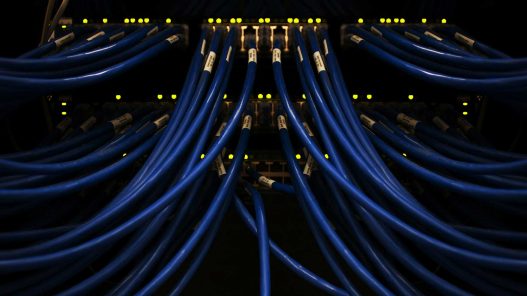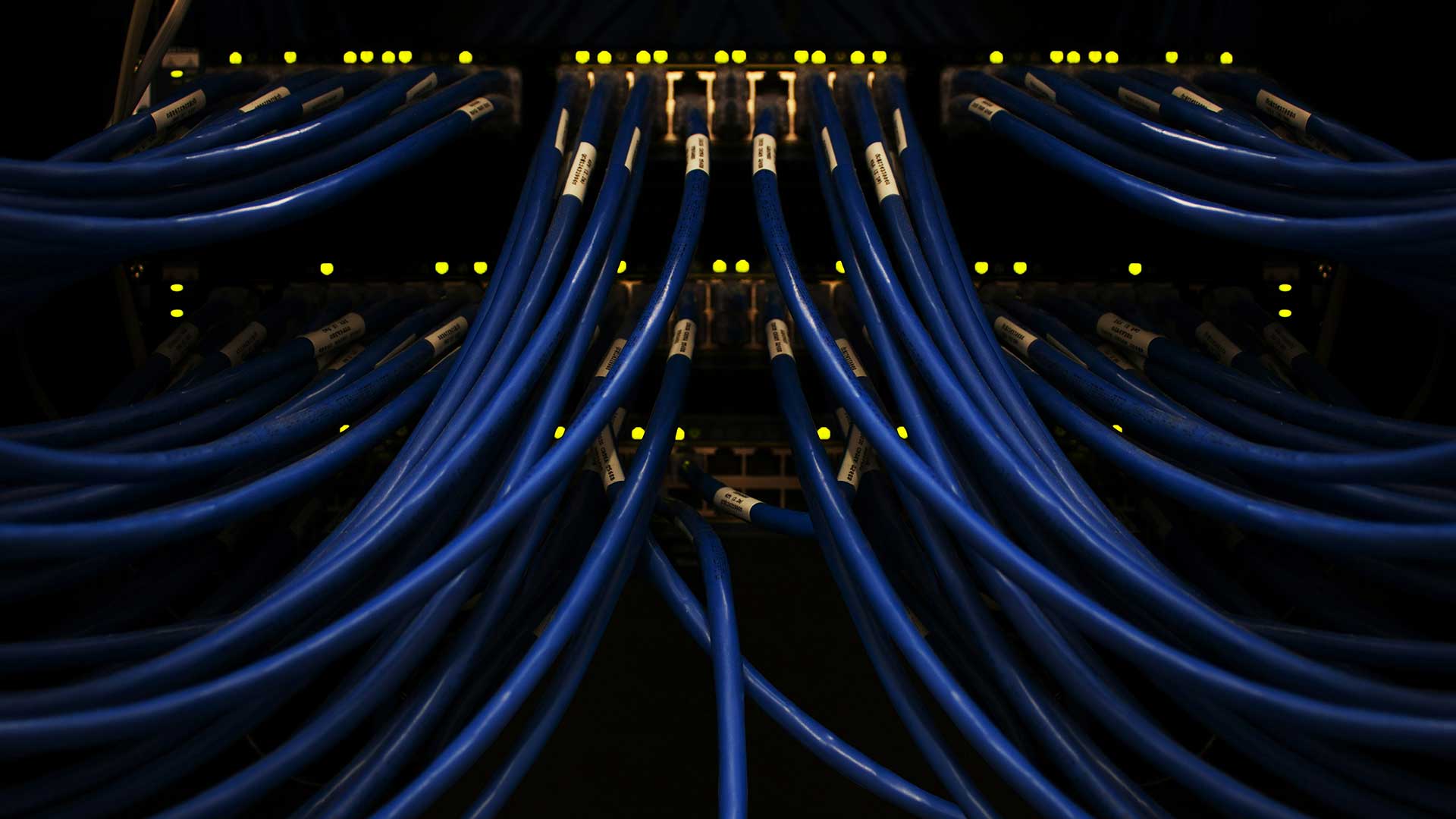Web3 is the latest vision of the future of the internet that has attracted many entrepreneurs and developers in recent years, due to the belief that decentralization is the solution to current issues around ownership of data, privacy, and dominance of some platforms. Unlike today’s internet (Web2), in which most of the data is owned by technology giants, Web3 is planned to decentralize data storage and management using blockchain technology. Entrepreneurs using Web3 are betting on a new world, a world where users own their data, companies are formed with decentralized communities, and there is no or very little room for middlemen.
What is Web3?
Web3 is the term used to describe the evolution of the internet as a system of decentralized applications instead of central platforms. Web2 is dominated by corporations such as Google, Amazon, and Facebook that own user data, make profits from advertising, and provide frameworks governing access to such data. Instead, Web3 is built upon blockchain, cryptocurrency, and other decentralized tools that return control of their data and identities directly to the users. This is made possible by blockchain, which is by its nature decentralized and open, allowing for security and transparency without the need for centralized authorities.
Web3 Entrepreneurs Betting on Decentralization
Many business owners are increasingly attracted to Web3, believing that it is a chance to innovate and develop beyond the existing internet models. Many companies in this sphere envision ideal systems where users are in control and where people can buy and sell things directly from one another without the help of middlemen. A few sectors have shown significant promise for Web3 applications:
1. Finance and DeFi
DeFi is one of the most developed niches of Web3. By utilizing blockchain-based protocols, DeFi platforms enable people to lend, borrow, and trade assets without involving banks or brokers. Entrepreneurs have created many DeFi platforms; one is Aave, and Compound which offer lending services and yield farming opportunities. These platforms use smart contracts for banking services directly on the blockchain without the help of the traditional banking system. For entrepreneurs, DeFi offers an opportunity to provide financial services to those that are inadequately provided traditional banking systems.
2. Data Ownership and Privacy
Privacy-centric Web3 companies are now offering users the power of ownership over their information through decentralized applications. For example, “Ocean Protocol” enables users to own and/or sell data. Instead of providing data to corporations, users can share and sell it safely on decentralized markets. This model addresses privacy issues that have afflicted Web2 and provides a means for entrepreneurs to use data legally. Entrepreneurs in this sphere are also looking into zero-knowledge proofs, a technology that enables data verification without revealing real information, which helps to protect user privacy.
3. Gaming and the Metaverse
The gaming industry has become one of the most active in adopting Web3, especially in the implementation of blockchain-based economies. Games like Axie Infinity and The Sandbox utilize NFTs and cryptocurrencies to build player-owned economies where players can buy and trade digital assets. By utilizing blockchain these games allow players to own items they purchase in game, and these are transferable across platforms or can be sold outside the game. For entrepreneurs, Web3 gaming offers new revenue streams through tokenomics, where players are rewarded with tokens, and creators benefit from asset sales in secondary markets.
4. Content Creation and Social Media
Web3 platforms is changing the way people create content through ownership and monetization of their content through platforms. For example, Mirror, a decentralized writing platform, allows writers to produce works as NFTs. Likewise, platforms like Audius and Rally provide decentralized alternatives to music streaming and social media, which make sure artists and influencers earn more directly from their followers. These models are in stark contrast with Web2 in which an enormous amount of money flows to intermediaries, thus providing Web3 entrepreneurs with a competitive edge by providing a better share of revenues for the creators.
In conclusion, decentralized business models are an ambitious gamble on a new world – one that is preprogrammed for trust, and governed by communities. The next few years will be critical for Web3 entrepreneurs in defining whether this vision is going to become a reality or remain a separate niche. However, with constant progress and increased interest, Web3 is a revolution that will create an internet for everyone with decentralized ownership.























